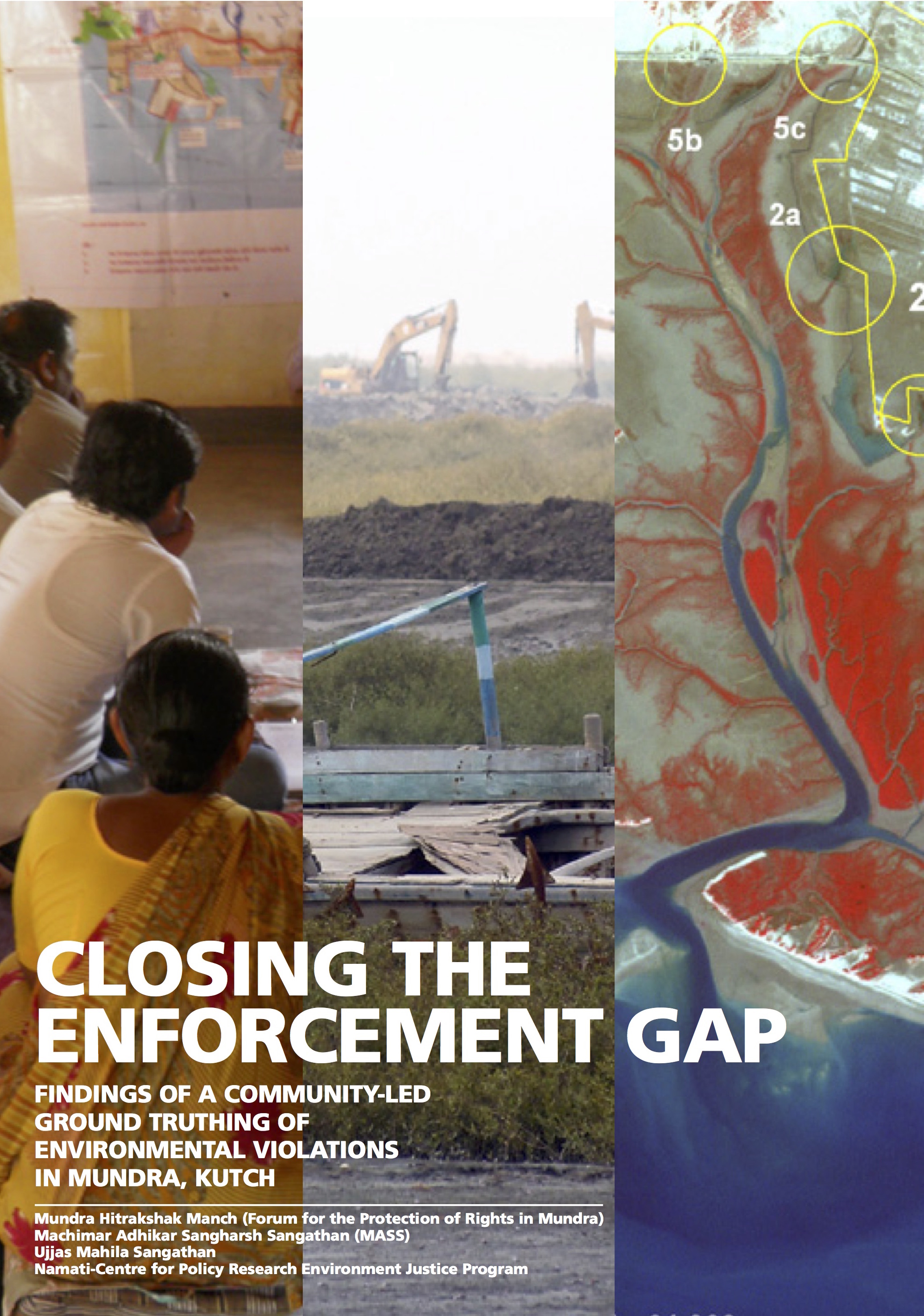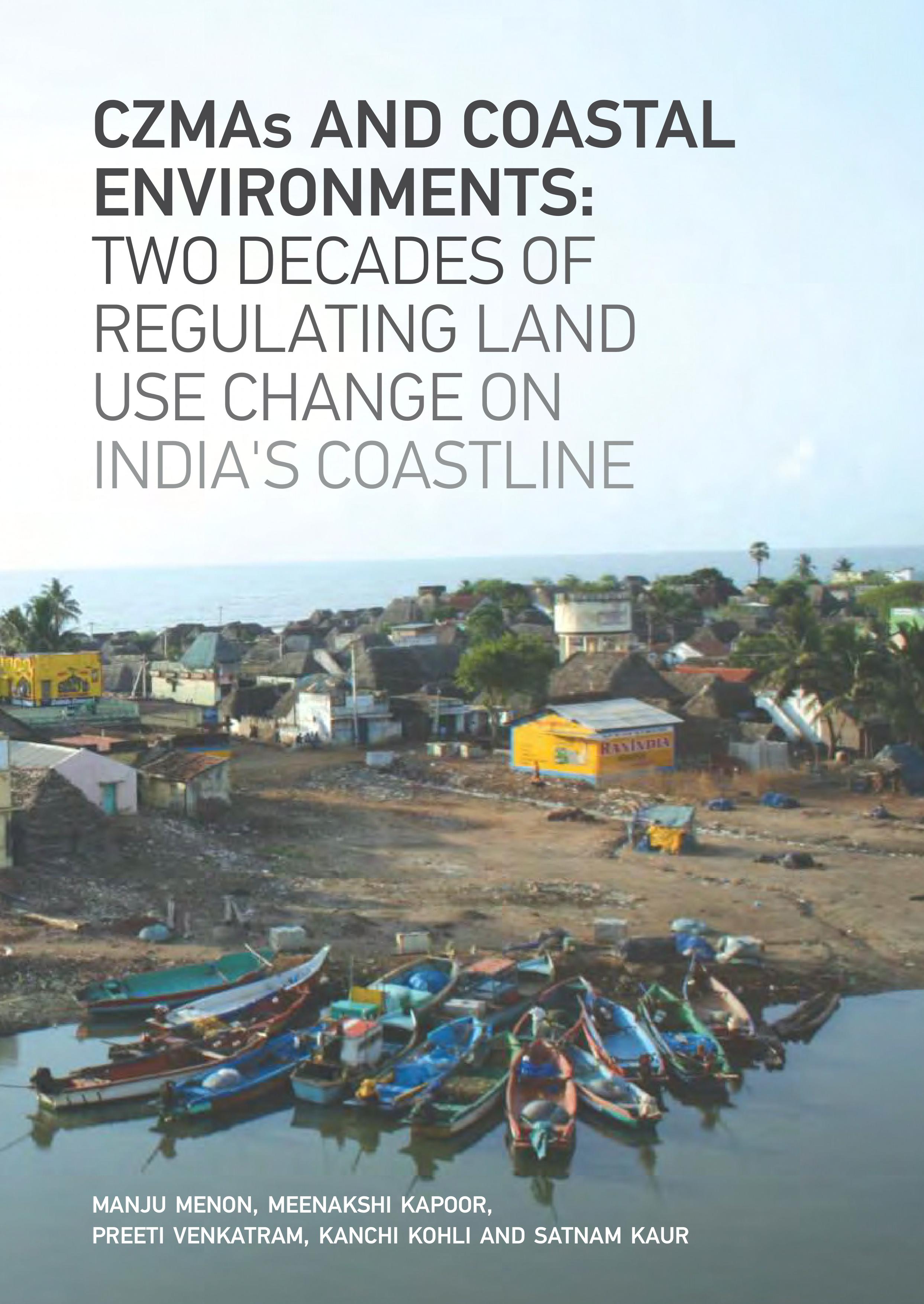
Topics and Regions
Land as a discipline in academics and in policy and development discourses, has remained comparatively under-developed. Land administration continues to be isolated and sectorally divided, over-bureaucratized and often-politicized. Contrary to the need, land governance portrays legal complexity and institutional inadequacy and exclusiveness. Contested landscapes of land governance in India calls for partnerships and innovations to make development more inclusive and prosperity shared. Participation of land-actors and users, especially communities, civil society and private sector are critical, to make land governance equitable and sustainable. Centre for Land Governance attempts to bridge information gaps, create evidence and build platforms for connection and conversations among land-stakeholders, through knowledge engagements around action and policy research, evidence-based advocacy, communication and capacity building
Details
Location
Contributions
Displaying 81 - 90 of 251Recognizing and Supporting Territories and Areas Conserved by Indigenous and Local Communities
This publication is based on a range of past studies on ICCAs conducted in several regions of the world in the last two decades, and, most recently, on 19 country level case studies. The latter were commissioned as part of a project on ICCA Recognition and Support, undertaken by the ICCA Consortium, coordinated by Kalpavriksh.
It also incorporates some key findings of a parallel project on ICCA Legislation, also undertaken by the ICCA Consortium, and coordinated by Natural Justice.
The publication intends to:
Convention on Biological Diversity
The Secretariat of the Convention on Biological Diversity was established (Article 24) to support the goals of the Convention. Its principal functions are to prepare for, and service, meetings of the Conferences of the Parties (COP) and other subsidiary bodies of the Convention, and to coordinate with relevant international bodies.
The Provisions of the Panchayats (Extension to Scheduled Areas) Act, 1996
The Provisions of the Panchayats (Extension to Scheduled Areas) Act, 1996 or PESA is a law enacted by the Government of India for ensuring self governance through traditional Gram Sabhas for people living in the Scheduled Areas of India. Scheduled Areas are areas identified by the Fifth Schedule of the Constitution of India.
Community Conserved Areas in South Asia: Case studies and analyses from Bangladesh, India, Nepal, Pakistan and Sri Lanka
This report is based on research and analysis undertaken with the objective of deepening the understanding of CCAs in India, primarily to achieve two goals. Firstly, to bring to light the unknown conservation efforts undertaken in India and secondly, to attempt an action plan that would cater to the individual and overall needs of these areas. This report is based on research in nineteen sites across six Indian states, studied over a year.
Closing the Enforcement Gap: Findings of a Community-Led Ground Truthing of Environmental Violations in Mundra, Kutch
This document is the culmination of a year-long exercise of a community-led process for ground truthing the violations of environmental conditions laid out in the Coastal Regulation Zone approval for a large infrastructure, coal handling and port facility in the Mundra region of Kutch district in the western Indian state of Gujarat. It presents compelling data on the nature of the violations, many of which were anticipated when local community members objected to the Waterfront Development Project (WFDP) of the Adani group in the region.
Report on the National Commission for Scheduled Tribes
The objectives of the National Commission for Scheduled Tribes are to act as an independent agency that will investigate, monitor and record any violation of the Constitutional rights of the Scheduled Tribes, suggest measures for their development and in general act on their behalf. This report focuses on the extent to which the Commission performs its role and how effectively it does so. It does not touch upon the wider issues pertaining to the Scheduled Tribes, except insofar as they are addressed or not addressed by the Commission.
Regularising Delhi's unauthorised colonies
The unauthorised colony (UAC) is one of the seven types of ‘unplanned’ settlement designated by the Government of National Capital Territory of Delhi (GNCTD). UACs are residential settlements built in contravention of zoning regulations, developed either in violation of Delhi’s master plans or on ‘illegally’ subdivided agricultural land.
India - Pacific Islands brief
The Pacific Islands, a group of fourteen island nations in the South Pacific Ocean had been a source of low interest for the global powers, however, this seems to have changed as Asia draws increasing attention from the world economies in the 21st century. Despite geographical distance and unenthusiastic historical interaction, initiation of India’s development engagement with these island nations date back to as early as the year 1973.
Categorisation of settlement in Delhi
Policy and planning documents define eight types of settlement in Delhi, only one of which is termed “planned”. The other seven types of settlement become, by opposition, ‘unplanned’. This ‘unplanned’ city houses the vast majority of Delhi’s residents across the economic spectrum: these settlements include the affluent farmhouses of South Delhi, well-built colonies populated by successful businesspeople, and dense slum-like areas.
CZMAs and Coastal Environments: Two Decades of Regulating Land Use Change on India’s Coastline
Coastal Regulation Zone (CRZ) Notification that was first promulgated in 1991 and amended over 25 times. Though much has been written about the Notification, the performance of CZMAs and the institutional challenges to implementation have never been studied.





